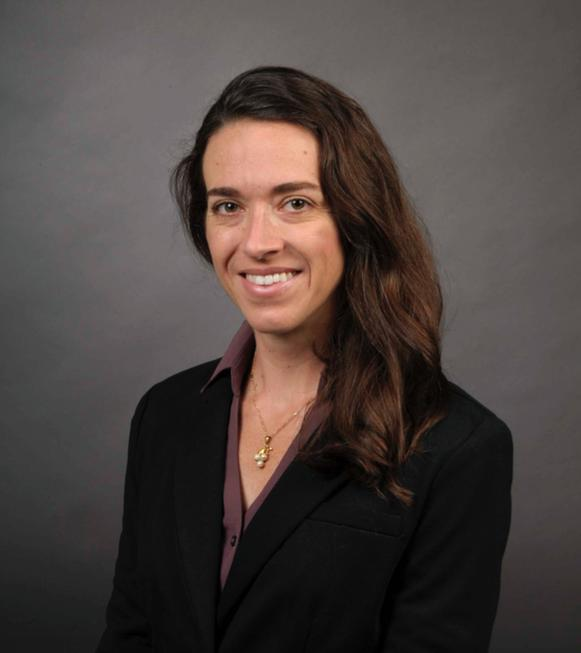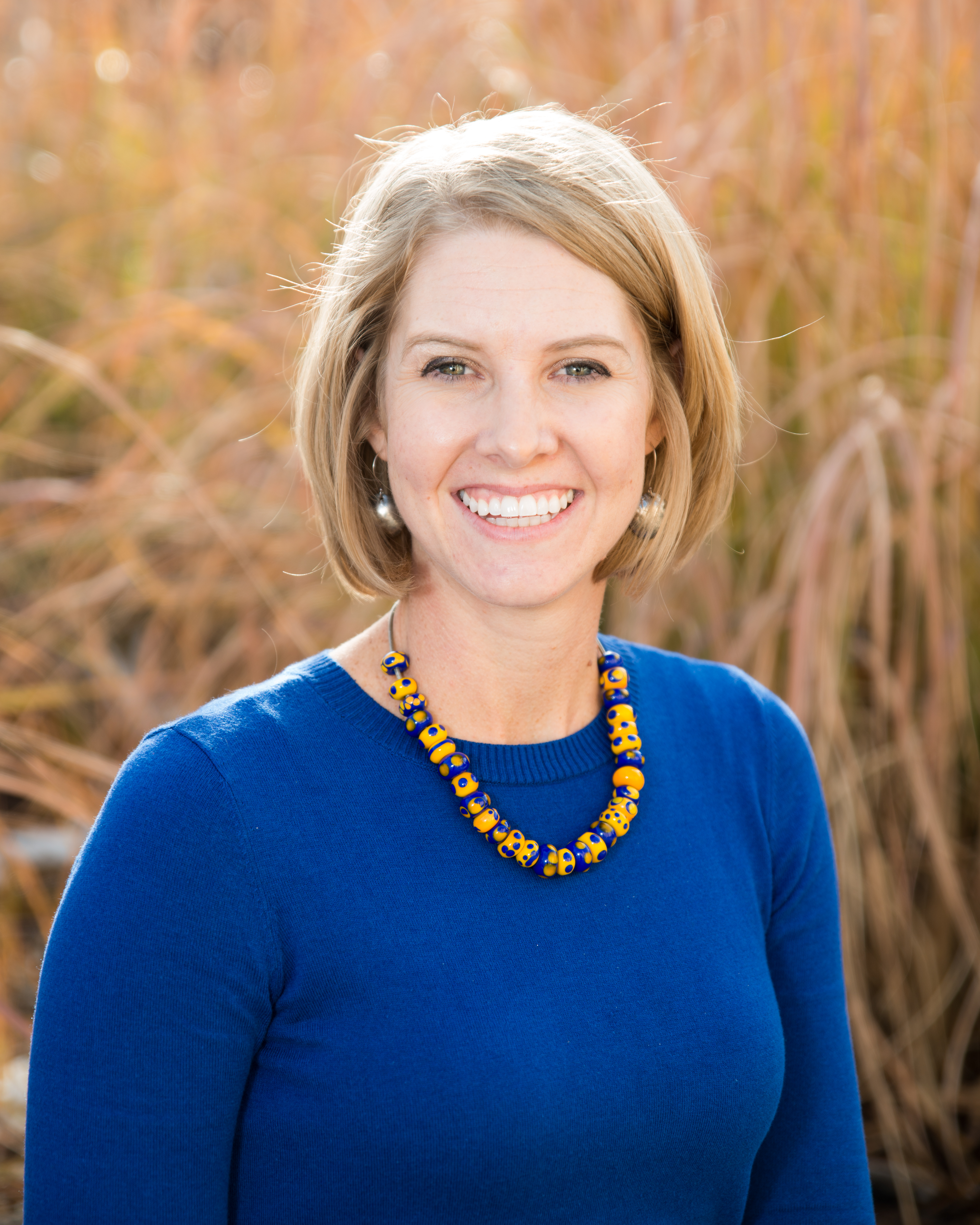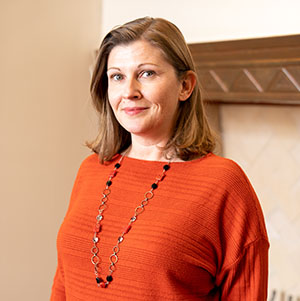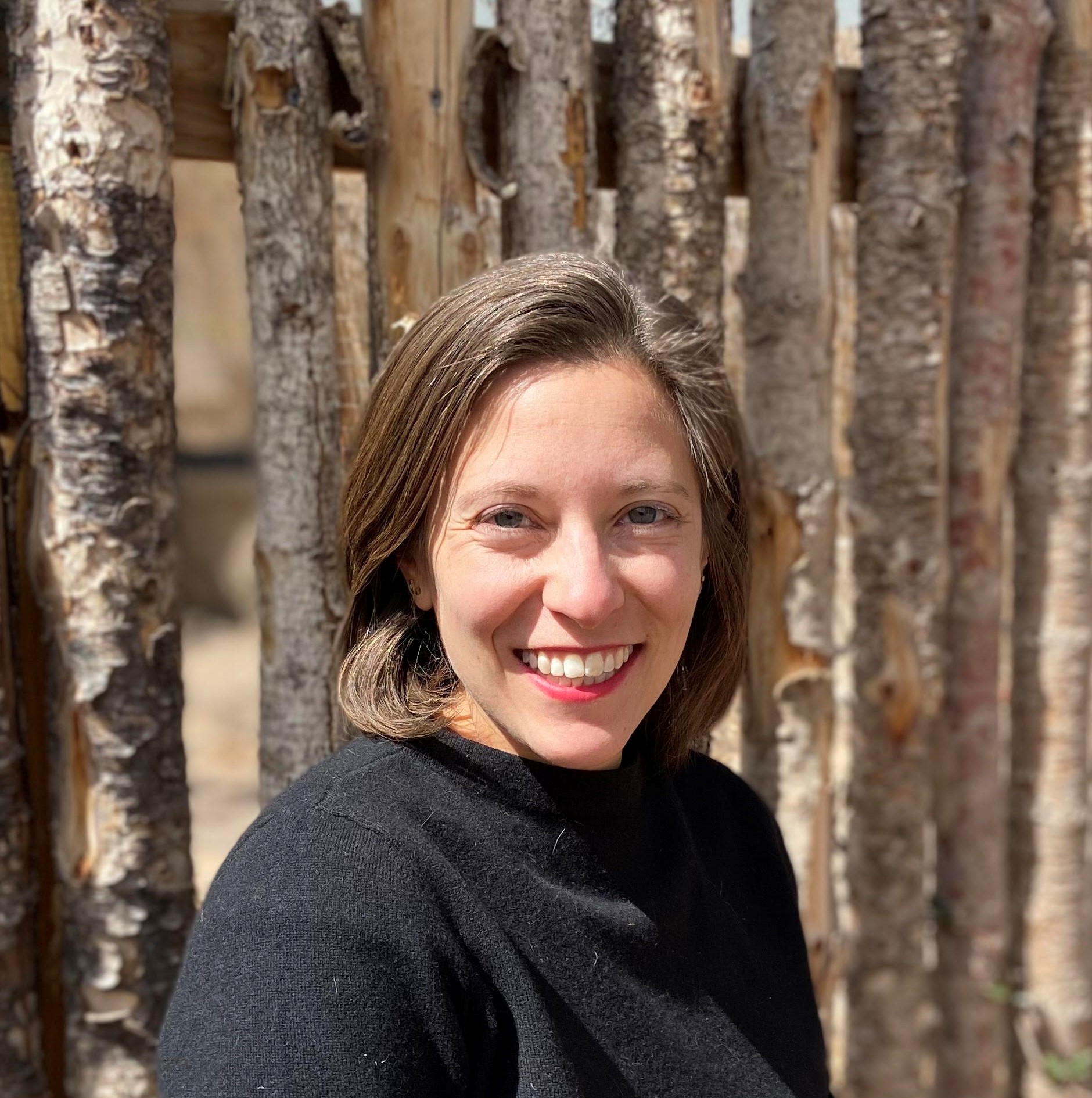UNM Science of Team Science (SciTS) Team
The UNM Science of Team Science (SciTS) Team is collecting data about the Grand Challenges Teams to understand how to improve team interactions and to learn more about how to improve and enhance the Grand Challenges initiative.
Team Bios

Hannah Torres, Ph.D. | Principal Investigator
Hannah Torres is a research development professional, geographer, and interdisciplinarian. She holds a bachelor’s degree in education, two master’s degrees — in environmental management and business administration — and a doctorate in geography, along with professional certificates in nonprofit management and executive influence and leadership.
Torres has more than a decade of experience teaching and conducting collaborative research on human-environment interactions, including climate adaptation, marine debris prevention, disaster resilience, and coastal restoration. She joined UNM in 2021 as director of the Faculty Research Development Office (FRDO), where she leads a team dedicated to strengthening faculty research, scholarship, and creative work. In this role, her research agenda now emphasizes team science, effective collaborations, and broader research development strategy.

Hannah Love, Ph.D.
Hannah Love is a team scientist and professional facilitator. Love earned master’s degrees in sociology and student affairs in higher education, as well as a doctorate in sociology from Colorado State University. Her background includes work in student affairs in higher education, water conflict facilitation, and non-profit fundraising. Love has 13-years of facilitation experience including experience in higher education facilitation, water conflict facilitation, and science facilitation. Since 2015, she has been using her skills in higher education to design team science trainings, retreats, and workshops for scientific teams. Her research uses social network analysis to study the social process of knowledge creation.

Tracy Wenzl
Tracy Wenzl is the Sr Program Manager for Grand Challenges at UNM. Tracy earned a bachelor’s degree in Psychology from New Mexico State University, a master’s in Information Science and Learning Technologies from the University of Missouri, and is a doctoral student in the Organization, Information, and Learning Sciences department at UNM.
In her role with the Grand Challenges program, Tracy supports interdisciplinary research teams tackling big issues facing New Mexico and the world. Her research interests focus on supporting teams, which she addresses in part by developing interventions that create a sense of belonging among people working in teams to facilitate more effective and inclusive collaborative learning experiences. She employs social network analysis to evaluate relationships in teams, focusing on closeness and psychological safety.

Hannah Yohalem
Hannah Yohalem is the Assistant Director of Research Strategy and Programming for the Faculty Research Development Office (FRDO) at UNM. Hannah earned a bachelor’s degree in the History of Art and Architecture from Harvard University, a master’s in the History of Art and Archaeology from Princeton University and is currently a doctoral candidate in the same department at Princeton.
Her research focuses on interdisciplinary art practices in the 20th and 21st centuries. Before becoming a Lobo in 2021, Yohalem was the co-executive director of the Santa Fe nonprofit Vital Spaces, which supports local artists’ careers through affordable studio and exhibition space and community events. At UNM, Yohalem leads workshops and trainings, edits proposals, facilitates team meetings, and provides direct support on funding proposals to faculty to bolster their research, scholarship, and creative activities.
Emeritus Team Members
Melinda Morgan, JD
Melinda Morgan is a UNM professor in Geography and Environmental Studies. She is also the director of the Sustainability Studies Program and the W.K. Kellogg chair in Sustainable Environmental & Food Systems. Morgan’s research and scholarship focus on the emerging environmental governance regimes, with a particular emphasis on how these approaches to environmental challenges interface with existing legal and regulatory requirements.
She teaches courses in natural resource management including public lands, water governance, and introduction to environmental studies. Morgan often works in teams and has an increasing interest in convergent science and how universities can help communities respond to the challenges of the Anthropocene.
Kun Huang, Ph.D.
Kun Huang is a UNM associate professor of Public Administration and Population Health. He received his doctorate in management with a minor in sociology from the University of Arizona.
Huang’s research uses organization theory and network analysis to study formal and informal collaboration in public and nonprofit networks. Themes of his research include inter-organizational sharing of knowledge about innovation, bridging and bonding social capital in U.S. counties, professional friendship ties among nonprofit leaders, and network resilience. Huang teaches courses in cross-boundary governance, organizational theory and behavior, and health policy and management. His evaluation work includes the assessment of networks and partnerships in the New Mexico Statewide Nonprofit survey.
Ramona Malczynski
Ramona Malczynski is a third-year doctoral student in Geography & Environmental Studies. She was born and raised in Albuquerque. Malczynski received her bachelor’s degree from Stanford University in the Earth Systems Program and a master’s degree of philosophy from the Erasmus Mundus Master’s Programme in System Dynamics, a joint program of Radboud University (Netherlands), Bergen University (Norway), University of Palermo (Italy), and University of Lisbon (Portugal).
Malczynski is planning a dissertation on the urban environmental history of Albuquerque using political, ecological, and critical physical geography framings. She has a particular interest in environmental knowledge production, the spatial distribution of urban inequity, the social and material production of urban space, and mixed methods research.
Asa Stone, Ph.D.
Asa Stone is a futurist with a mission to elevate the appreciation for human capacity through science, education, and advocacy. Stone earned their doctorate in experimental psychology focusing on interethnic relations at Washington State University and completed their postdoctoral fellowship focusing on environmental justice at the Desert Research Institute.
As an incoming research assistant professor in Geography and Environmental Studies at UNM, Stone’s research and scholarship focus on psychological factors that elevate community resilience and wellbeing in the context of climate and environmental justice. Stone recently co-authored a chapter on environmental and social justice considerations for the energy transition in the intermountain west for the U.S. Department of Energy. They currently lead community engagement, communication, and equity protocol implementations and assessments for the National Institutions of Health project that assesses metals exposure and its toxicity on Tribal Lands in the Southwest. They also lead the facilitating and outreach efforts for the Just Energy Transitions initiative for New Mexico EPSCoR.
Caroline Scruggs, Ph.D.
Caroline Scruggs is a UNM associate professor of Community and Regional Planning. She is affiliated with the Water Resources Program, the Center for Water & the Environment, Geography & Environmental Studies, and Sustainability Studies at UNM.
Scruggs earned bachelor’s and master’s degrees in environmental engineering from Virginia Tech and an interdisciplinary doctorate in environment and resources from Stanford University. Through previous work in the private sector, Scruggs has extensive experience with water and wastewater treatment and water reuse projects. Scruggs has also worked with groups such as the Swedish Chemicals Agency, the International Chemical Secretariat (a nonprofit), and the United Nations Environment Program providing a deeper understanding of the social, business, economic, and policy aspects of environmental problems and potential solutions. She strives to engage local issues that have global significance, conducting rigorous interdisciplinary research that can inform policies to advance ecosystem and public health. Scruggs uses an interdisciplinary approach to research and teaching that employs mixed methods to investigate environmental problems from multiple angles, and often involves partnerships from across the UNM campus and community.
Contact
Email: Hannah Torres
